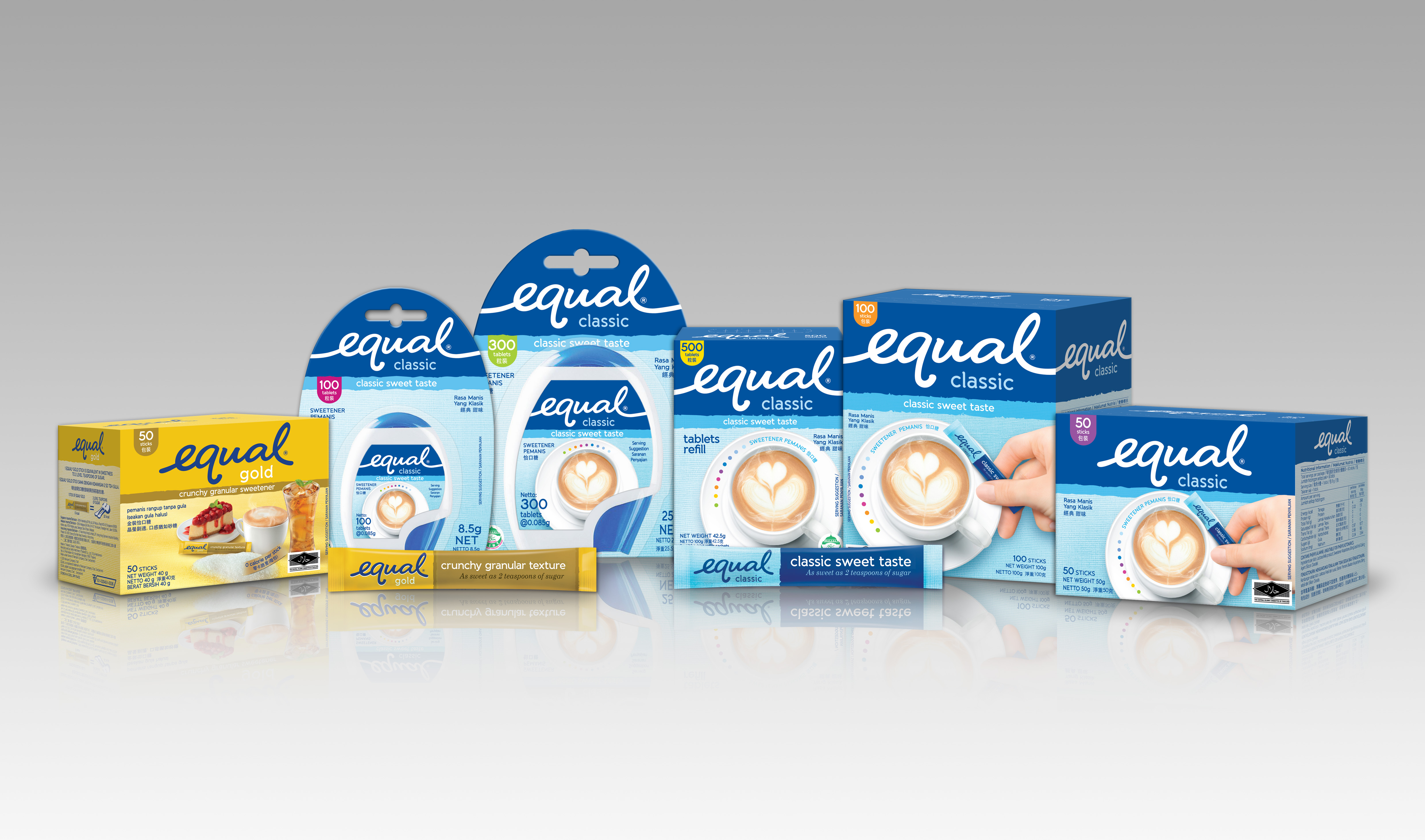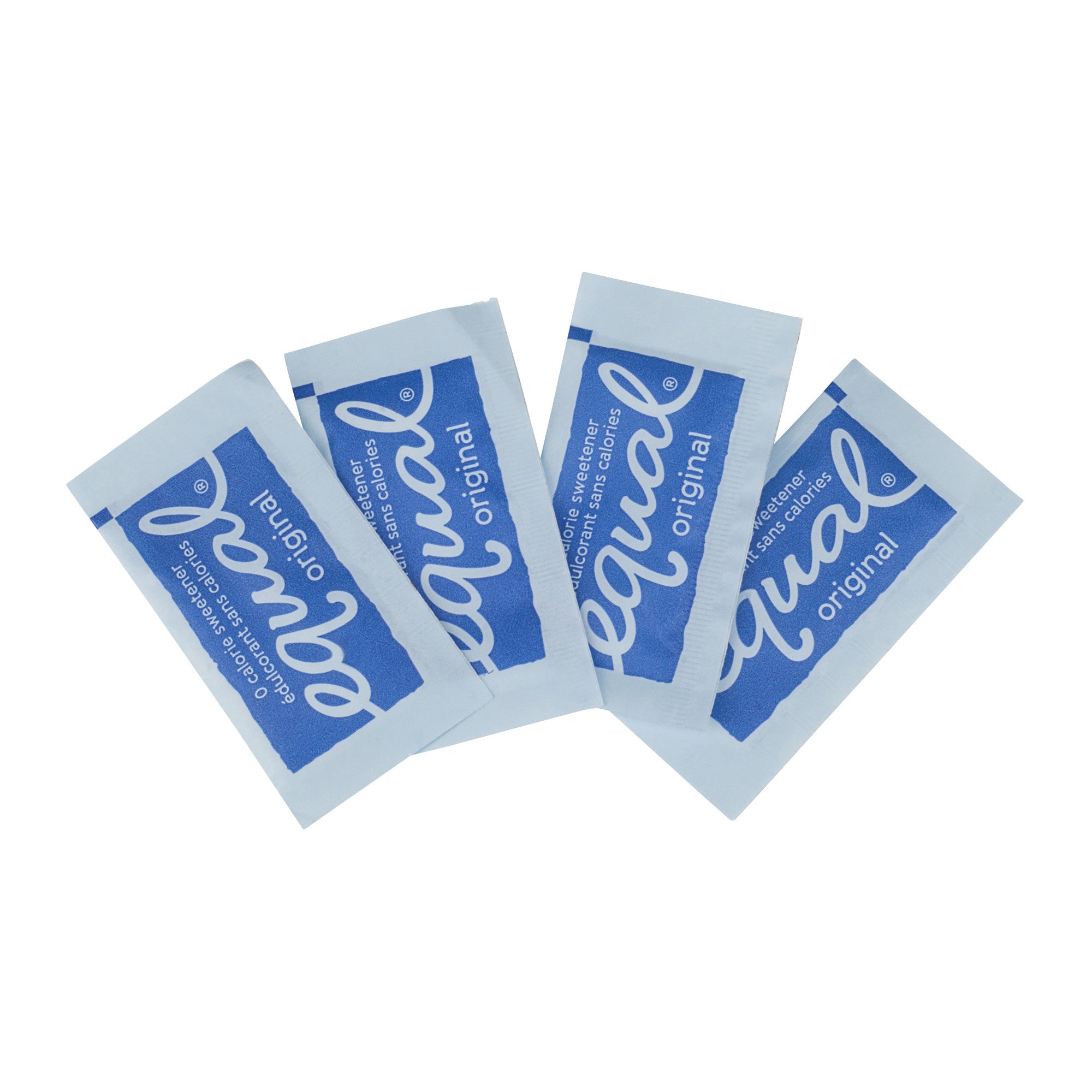


Stevia (available through a number of brands): Because the sweetness of stevia is derived from the leaves of a plant called Stevia rebaudiana, it’s often touted as a “natural sweetener”.According to Food Safety Australia: “Soft drink giants Coca-Cola and Pepsi have both made the move towards making healthier products by removing the artificial sweetener aspartame from their diet drinks, in favour of a more natural alternative.” above ) from foreign countries of a net quantity of sugar equal to the amount of such reduction. No matter where you are or what the occasion, you can find it quick and easy to cut down on sugar and still enjoy. Facts and Figures United States Cuban Sugar Council. It also loses its sweetness when heated so it’s not ideal in baked goods. Great sweet taste, low kilojoule sweetener. It’s 200 times sweeter than sugar, but it does have some kilojoules (a measly 8kJ or so) per packet. Equal (aspartame): Aspartame is typically found in chewing gum, diet soft drinks, puddings and many other “sugar-free” snacks.It’s mainly available in the US but you can get it in Australia through online retailers. Saccharin is 200 to 700 times sweeter than sugar, has no kilojoules, and can be used in cooking, too. Sweet and Low (saccharin): Sweet and Low is one of the first available artificial sweeteners and used in foods, medicine and even in toothpaste.

#EQUAL SUGAR FREE#
Simply take sugar free sweetener to add the perfect sweetness. Since it doesn’t lose its sweetness when you apply heat to it, you can use Splenda in hot foods and baking. Whenever you crave for sugar, reach out for Equal sweeteners. Sugar substitutes, such as Equal, can be used to sweeten foods and. It’s about 600 times sweeter than table sugar and can be used in anything. Equal 0 calorie sweetener products can be useful in a diet of individuals with diabetes. Splenda (sucralose): Sucralose isn’t broken down in the body, so it has zero kilojoules.Anti-sweetener campaigners had demanded more research into this matter. Some studies have linked them to an increased risk of cancer although that has been somewhat debunked by The World Cancer Research Fund. It should be noted that there are still lingering health concerns related to the use of artificial sweeteners.


 0 kommentar(er)
0 kommentar(er)
